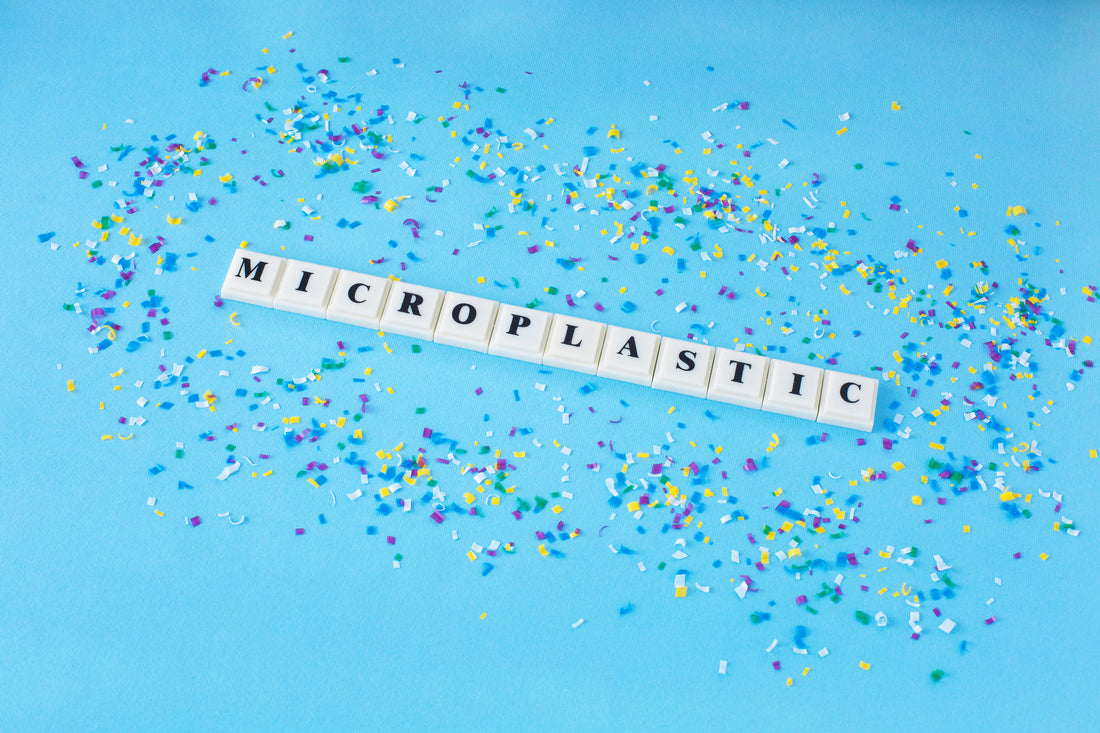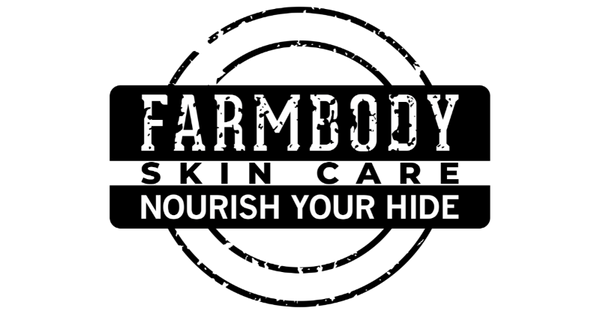
The Alarming Truth About Laundry Detergent Pods and sheets
Share
New studies suggest that when the main ingredient in laundry pods, polyvinyl alcohol or PVA, biodegrades, it releases microplastics into the environment. About 8,000 tons of untreated PVA from laundry products end up polluting US waters every year. Nearly 14 million tons of microplastics are on the ocean floor! These microplastics linger and accumulate as they are too small to be filtered out of our water system. Laundry pods are such a strong contributor to this type of pollution as they degrade directly into your home’s wastewater system. From your home, it ends up polluting its way to the ocean where it is directly consumed by marine life. Because they have no way to break down these microplastics, they end up contaminating the marine animal’s digestive tract and, as new research suggests, they could even contaminate the portion of fish that is typically consumed. The thought of consuming an unknown number of microplastics every time you take a bite is absolutely revolting. The consumption of microplastics can be the cause of inflammation as it may trigger an immune response when the body detects the foreign material. If these products are known to have such negative environmental impacts, how is it that companies are able to market them as perfectly safe?
Lawmakers in New York City are pushing a ban on these single use laundry products that contain PVA in the name of climate consciousness. The legislation has been dubbed the “Pods are Plastic Bill”. It would make it illegal to sell any laundry and dishwasher pods or sheets made with polyvinyl alcohol (PVA of PVOH).
That’s great news for the environment if the bill goes through. We believe it’s a good start, but there are many other ingredients that cause potential harm to people and the environment lurking in your laundry detergent. Here is a short list of ingredients that should concern you.
- Polyvinyl Alcohol aka PVA of PVOH
- Phosphates aka Sodium tripolyphosphate, Tetrasodium pyrophosphate, trisodium phosphate, Calcium phosphate, Sodium acid pyrophosphate
- Formaldehyde aka , Methylchloroisothiazolinone, Methylisothiazolinone, (MCI,MCIT), Sodium hydroxymethylglycinate, DMDM Hydantoin, Urea
- Chlorine Bleach aka sodium hypochlorite
- Sodium Borate aka disodium tetraborate, Borax, sodium tetraborate
- Surfactants aka Sodium Lauryl Sulfate, Sodium Laureth Sulfate
- 1-4, Dioxane , it won’t list it on the label because it’s a byproduct of manufacturing certain ingredients
- Quaternary ammonium compounds
- Optical Brighteners aka 4,4’-diamino-2,2 stilbenedisulfonic acid, 4,4’-bix4, 4’-bis (benzoxazolyl)-cis-stilbene and 2,5-bix (benzoxazol-2-yl) thiophene
- Artificial dyes
- Fragrance containing phthalates
- Nonylphenol ethoxylate
- Dichlorobenzene
- Benzyl Acetate
If you’re not sure about the ingredients in your detergent, you can search for the name of your detergent on the EWG.org website. The environmental working group has a database of products and they rate them according to chemical concerns and safety.
Traditional laundry detergents, although technically safe, can cause damage to your skin and the environment. Natural and organic laundry detergents are safer for your skin and cleaner for the environment Being aware of any potential dangers in your every day use items, especially those that contact your skin, can help keep you clean and healthy.
Companies like Sustainafill, the cleaning product division of Farmbody Skin Care, have come up with a detergent that is truly biodegradable, safe for your sensitive skin and the environment. They’ve done the proper research and you can be confident using their “I Love My Laundry Soap” and “I Love My Laundry Aroma Crystals”.
The laundry soap is made with 7 eco-friendly ingredients: organic coconut oil soap (sodium cocoate), sodium carbonate (washing soda), citric acid, sodium percarbonate (it becomes hydrogen peroxide in the water to brighten clothes), sodium bicarbonate (baking soda), sodium chloride (salt) and sodium citrate (saponified citric acid). Their borax free laundry soap comes in a refillable glass container. Refills are available online or in person at their company refill store, Sustainafillery.
(I’ll put a link to the product pages on the product names somehow)
